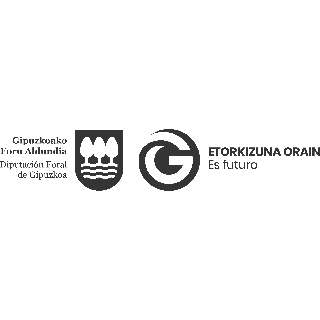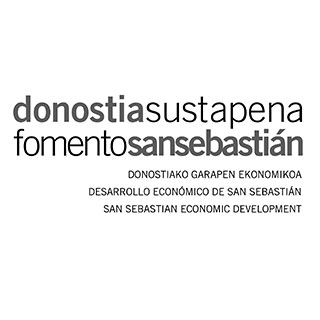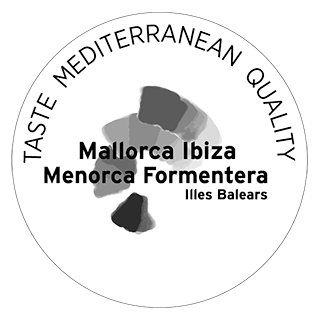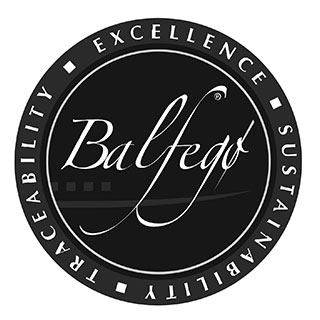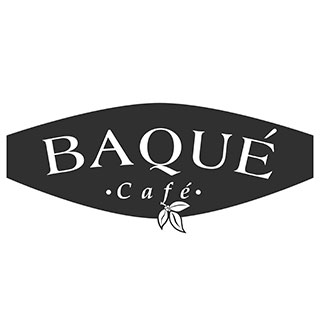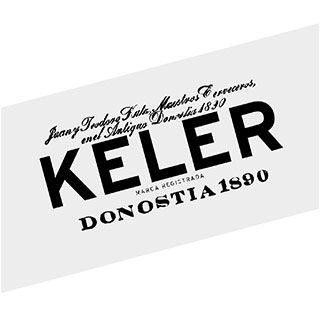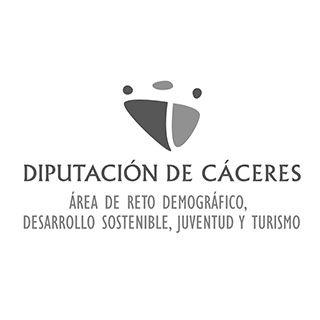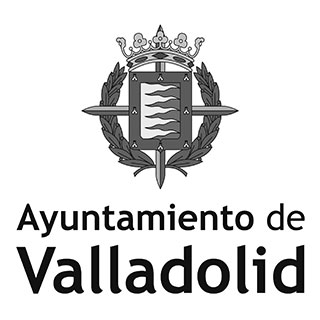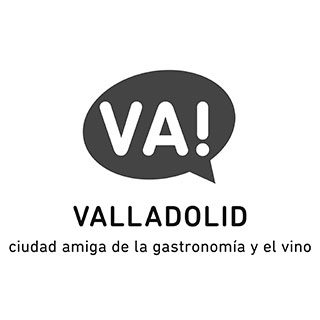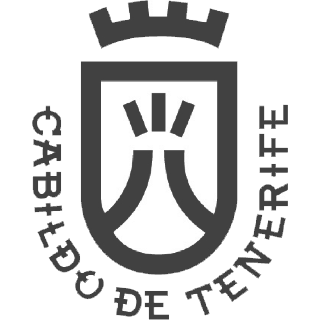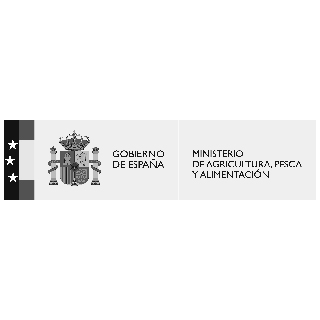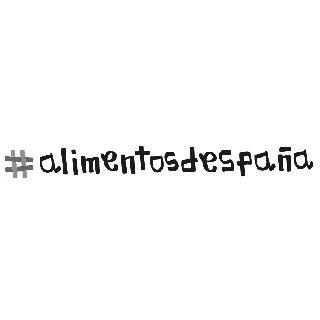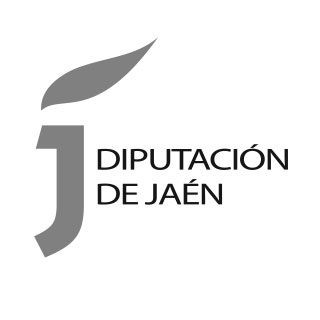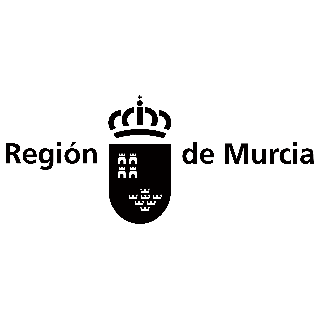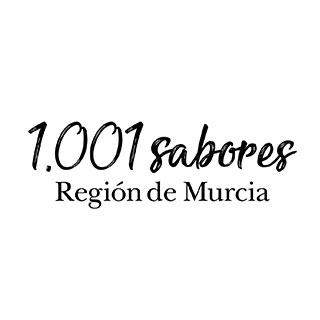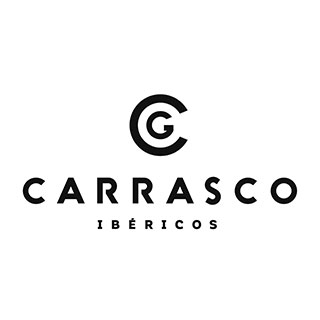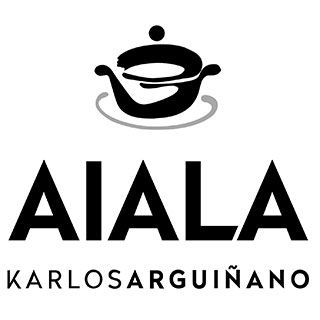Opinion
Let’s return to the kitchen
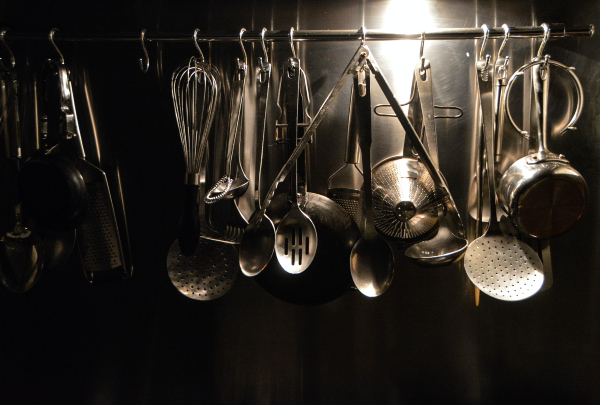
It’s been a long time since anybody has brought along any good news. It’s either someone gives some unfortunate statistic or talks about a friend with his throat intubated. In our world of drinks and spoons what was seen as a setback is now a bottomless trench.
Thousands of businesses only have palliative care left to them. A little morphine in the shape of an ICO (official loan) to enable them to keep breathing until the dreaded day comes along. Faced with this scenario, any news that’s not bad is already good and if it’s good or very good, it is received like April showers.
I’ve been surrounded by chefs and other sector tribe people all week long in the San Sebastian Gastronomika – Euskadi Basque Country Congress (to give you the full name, just like those mothers who would call out the window to the baby boom children we once were, last century), which closes the longest edition in its history today and one of the most unique.
I’m going to return home from San Sebastian with more than just one piece of good news. The first is that gastronomic congresses, far from what some advocated until yesterday afternoon, are more alive than ever and that despite the difficult situation the sector is undegoing, it interests thousands of people throughout the world. I’m talking about gastronomy congresses and not shows related to food, of meetings where people go to share knowledge, to learn or teach, to see friends and make new ones as passionate with the art of cooking as oneself.
A little optimism
The best news of all, however, is not this, although the fans and we congress organisers love it, of course, but other even more encouraging news: many good things can be drawn from something as bad as what’s happening to us. Watchful eyes kept on the things we were overlooking and a hierarchy of priorities and values arranged according to their true importance in our lives.
The best days of this country’s cuisine in the last forty years have been those of camaraderie and generosity, of culinary truths shared on the stages or under the halogen lights of bars, of people who grabbed each other by the shoulders when there was still some night left back upon returning to the hotel.
San Sebastian Gastronomika this year proposed a little optimism with its slogan ‘Caminos’ (Routes), trying to inspire and offer a glimmer of hope for those who are eager to soldier on. It also undertook a public commitment: Let’s return to the kitchen. And magic has emerged from that return, a contagious enthusiasm of many people who have recognised themselves in their profession seeing themselves cooking for others in the real kitchens of legendary restaurants such as Akelarre, Arzak or Mugaritz or watching from home as others were cooking for them, unplugged from all the equipment and requirements of large mega-events, in the intimate and sincere atmosphere that arises in the small dimensions of a jazz club in comparison to a massive concert at Wembley.
Enthusiasm in their eyes
What is paradoxical, is that thanks to all the unprecedented deployment of technology in a sector event, the unique moments taking place in that sacred space without seats have reached every corner of the world and attracted the attention of professionals from over fifty countries. On top of that, all the knowledge that in previous years vanished or remained hidden in the notebooks of some attendees will now be available for all those people who have not been able to enjoy it live or are so young that they have not even thought that one day they might want to become maîtres or chefs.
It’s comforting to see Juan Mari Arzak, a man who knows something about revolutions and cuisine, so enthusiastic with the return of his great family (he is the father of them all) to the kitchen, to the heart of the house, to a time of more saucepans and less blockbuster videos.
It’s exciting to see the look full of gratitude in the farewell of those who are not regulars at gastronomic congresses because their paths were different to that of refinement and stiffness propounded by the canons of haute cuisine, craftspeople who return home truly happy, such as Rafa Peña, Iván Domínguez, Pedrito Sánchez or Nino Redruello, who stood in front of their colleagues and the audience like the singer-songwriters of the yesteryear, with only their voice and a knife for a guitar.
San Sebastián, open city of Celaya, kitchens open everywhere, even during the sacred moments of serving. We experienced it in Azurmendi on Wednesday and today, as a perfect ending, of something that has never occurred before, in Bittor Arginzoniz’s Etxebarri, a symbol of honesty in the profession and live fire, the beginning of all things.
Benjamín Lana





